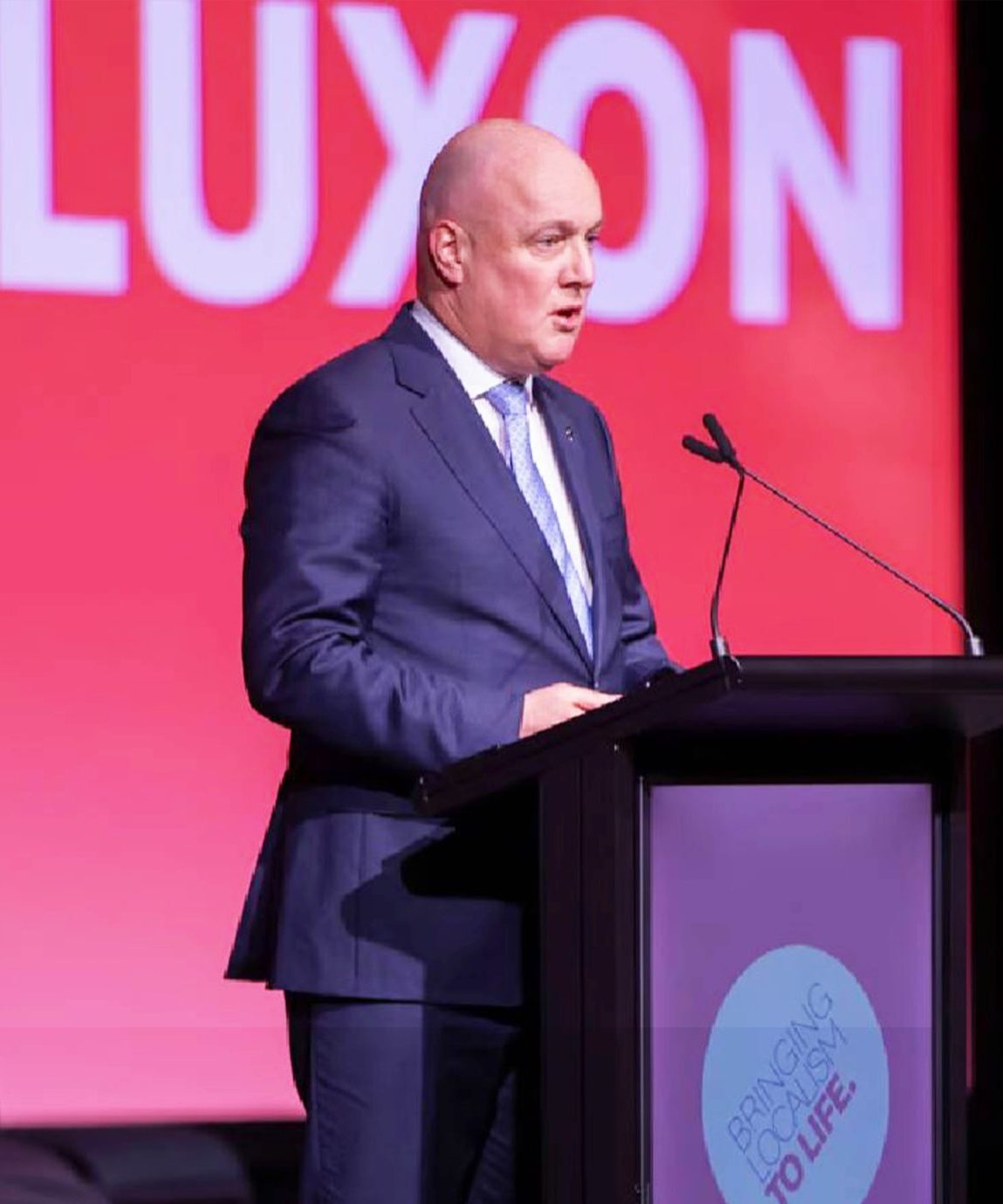Prime Minister Christopher Luxon has voiced strong criticism of health professionals in Hawke’s Bay for their policy of prioritizing young Māori and Pasifika in healthcare services. The decision to provide free GP and nurse services to young people aged 14 to 24 years based on ethnicity has now been reversed, following intervention from the government.
Luxon emphasized that healthcare in New Zealand should be based on need, not race or ethnicity. He stated, “We have a very simple approach to healthcare which is based on need, not ethnicity or race. That policy was out of line and out of order.” According to the Prime Minister, the health minister took immediate action, and changes to the policy were made.
Health Minister Shane Reti also expressed concerns over the Hawke’s Bay policy, stating that it contradicted the government’s healthcare directives. Reti pointed out that the policy from OurHealth Hawke’s Bay went against the government’s official stance, which prioritizes need-based healthcare.
“I needed to remind them of the statements made in the government policy that we base resource distribution and decision-making on need first, and then target vulnerabilities accordingly,” Reti said. He acknowledged the intent of Hawke’s Bay health providers to focus on vulnerable communities but insisted this could still be achieved within the existing government framework. “They obviously want to attend particularly to vulnerable communities and those in need, I get that, but that can be done through the government policy statement which clearly says based on need.”
The debate over targeted healthcare has raised questions about how to address historical disparities in access to health services. Cushla Tangaere Manuel, the Labour MP for the East Coast’s Ikaroa-Rāwhiti electorate, defended the idea of targeted healthcare for Māori and Pasifika. Manuel argued that such policies were a response to long-standing inequities in healthcare access, which have led to poor health outcomes for these groups.
“The reason we have targeted healthcare is because we’ve seen in decades past that Māori and Pasifika have not had access to services, which is why we have poor health statistics,” Manuel said. “So, it’s not divisive. It’s actually addressing a need we know exists.”
Despite the rationale provided by supporters of targeted healthcare, Reti stood firm in the government’s decision to scrap the policy. He maintained that while Māori are recognized as a high-need group, healthcare services should be distributed based on individual needs, regardless of ethnicity.
“I’m not at all contradicting the fact that Māori are high need,” Reti explained. “But I could also point to non-Māori who, in any given situation, may have an equal need. So, we need to distribute healthcare resources based on need first of all.”
Luxon echoed this sentiment, insisting that the government’s principle is to provide healthcare to all New Zealanders based on their specific needs rather than their race. “Look at the facts,” Luxon said in response to further questions about the policy. “What we’re saying is that targeting based on ethnicity doesn’t work. We’ve got a principle here: we deliver healthcare to all New Zealanders based on their needs, not their ethnicity.”
Opponents of targeted healthcare policies argue that prioritizing people based on race risks alienating other groups who may also face significant healthcare challenges. They argue that need-based healthcare systems are better equipped to serve all citizens, regardless of race, ensuring that no group is excluded from receiving the care they need.
Proponents, on the other hand, emphasize the importance of addressing health inequities head-on. They argue that targeted policies are a necessary corrective measure, given the decades of disadvantage faced by Māori and Pasifika communities in the healthcare system.
The government’s stance, reinforced by Luxon and Reti, is clear: healthcare resources should be distributed based on individual need, not ethnicity. However, the conversation around how best to address long-standing disparities in healthcare access for Māori and Pasifika communities is far from over.-TIN Bureau



